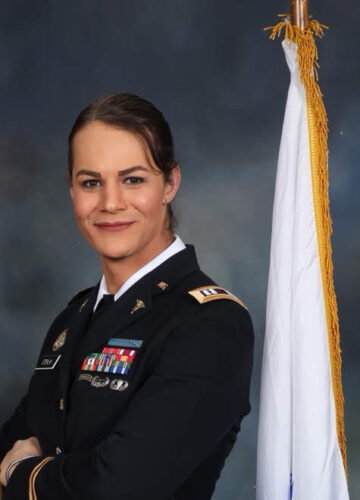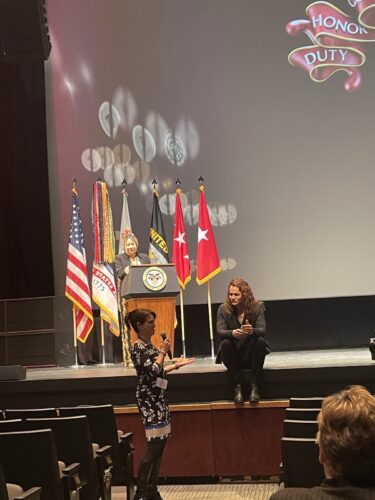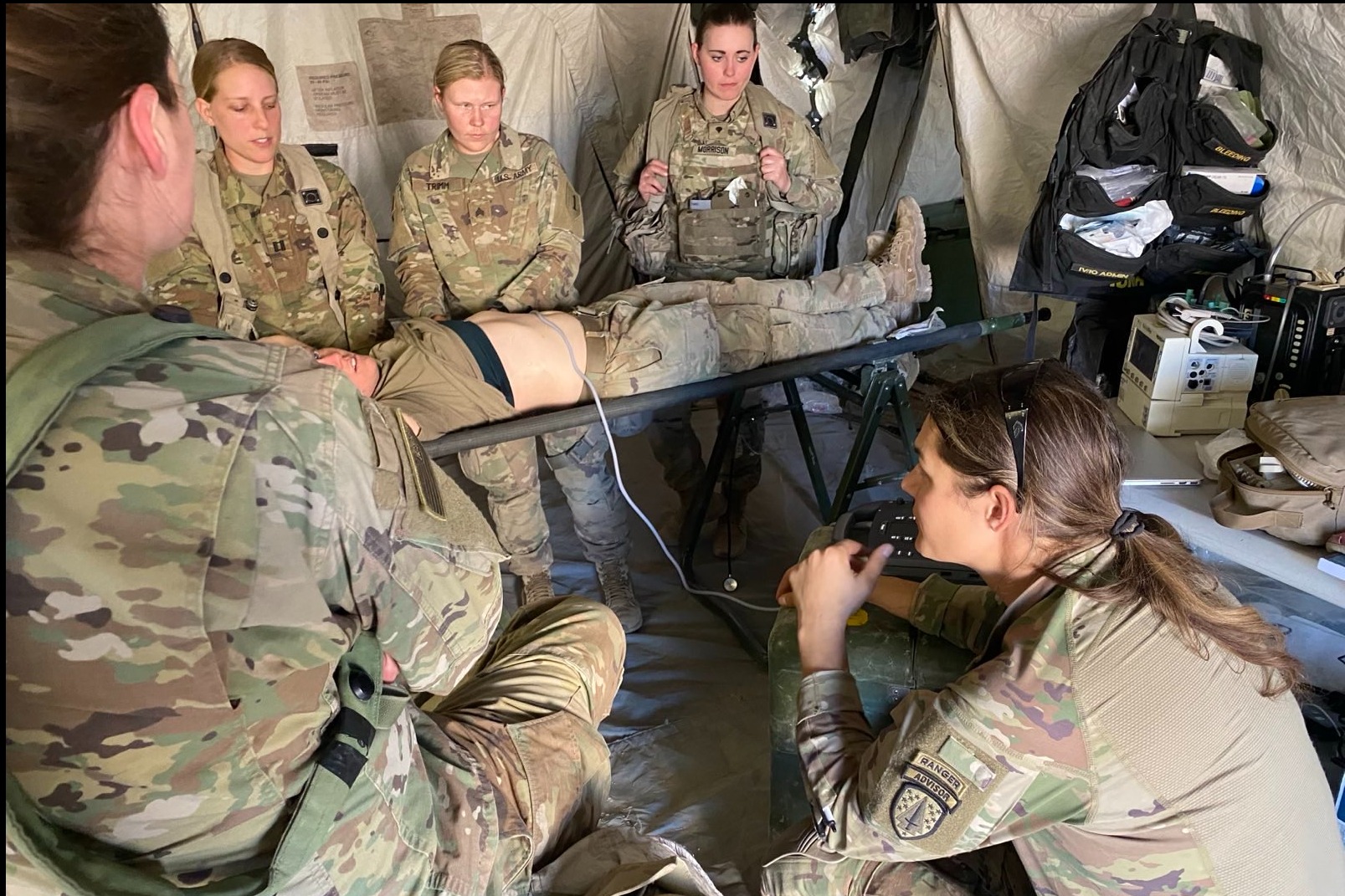[fusion_builder_container type=”flex” hundred_percent=”no” equal_height_columns=”no” menu_anchor=”” hide_on_mobile=”small-visibility,medium-visibility,large-visibility” class=”” id=”” background_color=”” background_image=”” background_position=”center center” background_repeat=”no-repeat” fade=”no” background_parallax=”none” parallax_speed=”0.3″ video_mp4=”” video_webm=”” video_ogv=”” video_url=”” video_aspect_ratio=”16:9″ video_loop=”yes” video_mute=”yes” overlay_color=”” video_preview_image=”” border_color=”” border_style=”solid” padding_top=”” padding_bottom=”” padding_left=”” padding_right=””][fusion_builder_row][fusion_builder_column type=”1_1″ layout=”1_1″ background_position=”left top” background_color=”” border_color=”” border_style=”solid” border_position=”all” spacing=”yes” background_image=”” background_repeat=”no-repeat” padding_top=”” padding_right=”” padding_bottom=”” padding_left=”” margin_top=”0px” margin_bottom=”0px” class=”” id=”” animation_type=”” animation_speed=”0.3″ animation_direction=”left” hide_on_mobile=”small-visibility,medium-visibility,large-visibility” center_content=”no” last=”true” min_height=”” hover_type=”none” link=”” border_sizes_top=”” border_sizes_bottom=”” border_sizes_left=”” border_sizes_right=”” first=”true”][fusion_text]
Read the other blog posts in our Service Beyond Gender series:
- U.S. Navy Lt. Rae Timberlake’s Mission of Authenticity and Dedication
- As He Prepares to Teach at West Point, Captain Gordon Herrero Reflects on His Leadership Journey
- Clayton McCallister’s Pursuit of Purpose and Dream of Service
- The Fight to Serve and the Future of the Force
- Nathan Casey’s Journey of Music, Leadership, and Visibility in the Marine Corps
By guest contributor Trish King
For U.S. Army Major Alivia Stehlik (pictured above right), empathy isn’t just a trait — it’s a practice woven into the very fabric of her career.
Her journey, from a newly commissioned officer to one of the Army’s most accomplished physical therapists, reflects a singular focus: helping people. Whether leading fitness initiatives or providing care on the frontlines in Afghanistan, her actions reveal a leader who embodies the Army’s core values of selfless service.
“I’ve always been driven by the desire to help others,” Stehlik shares. “That’s what drew me to medicine and continues to drive me every day.”
It’s a mission that has taken her across continents and into some of the Army’s most prestigious programs, including the Army-Baylor University Doctoral Program in Physical Therapy and Ranger School. She is now the Director of Holistic Health and Fitness (H2F) for the 101st Airborne Division, a role where her clinical expertise and operational acumen intersect.

Stehlik came out as transgender midway through her military career, and while it hasn’t always been an easy journey, it deepened her empathy as a leader. “I tell people all the time, being trans isn’t special,” she says. “We all face challenges, whether it’s an injury, a loss, or a difficult life transition. What matters is how we care for one another through those moments.”
But as the Army struggles to retain top medical professionals, and transgender service faces renewed scrutiny, Stehlik’s story is also a stark reminder of what’s at stake.
Dedication on the Frontlines
Stehlik demonstrated her staunch commitment to soldiers during her deployment to Afghanistan. Assigned to a forward-deployed unit, she quickly realized her mission’s need for adaptability.
“When I arrived, my predecessor was already gone, and there wasn’t much guidance,” she recalls. “I decided to go where the soldiers were — no matter how remote.”
One particularly impactful experience came during her visit to a small forward-operating base hosting a Special Forces team. “I told them, ‘I’ll work around your schedule — just tell me when you need me.’ They were so grateful not to have to disrupt their mission cycles to get care.”
Over her nine-month deployment, Stehlik traveled weekly to treat soldiers in some of the most isolated locations in Afghanistan. She recounts treating dozens of service members in just a single day, often working around the clock.
“It was exhausting, but I knew I was making a difference,” she says. “When you show up and meet people where they are, you remind them that they matter — and that someone cares.”
Amid the demands of deployment, one strong memory stands out.
“It was between Thanksgiving and Christmas in 2018, during the legal battles over the transgender military ban,” she recalls. “By sheer coincidence, three other trans women and I — two soldiers and a contractor — realized we’d all be at Bagram Airfield at the same time. We had dinner together. Four trans women, in uniform, sitting together in Afghanistan; it was a moment I’ll never forget. It showed how far we’d come, even in such a challenging time.”
That ethos of care and connection continues to define her approach as she now oversees the H2F program for the 101st Airborne Division, ensuring soldiers receive comprehensive care for their physical, mental, and spiritual readiness.
The Cost of Competence

Major Stehlik (seated on stage) speaking at her alma mater, West Point
Major Stehlik’s journey and career trajectory is a testament to the Army’s investment in its medical professionals. The cost of her training alone is staggering: a doctorate from Baylor University, Ranger School, multiple advanced military courses, and years of specialized experience.
Yet retaining medical professionals like her remains an ongoing struggle for the Army and other branches. According to a 2019 Government Accountability Office (GAO) report, retention rates for military medical providers have been declining steadily. The Army, in particular, struggles to retain physicians and other specialists due to several factors:
- Competitive Civilian Salaries: Military medical professionals often earn significantly less than their civilian counterparts. An Army physical therapist’s salary, for instance, is outpaced by the $86,000 to $121,000 average annual salary for civilian physical therapists, according to the Bureau of Labor Statistics.
- Burnout and Administrative Burdens: Military healthcare providers are stretched thin. A RAND Corporation study found that long hours and the growing administrative workload leave less time for patient care, which drives dissatisfaction and turnover.
- Skill Degradation: Peacetime service often means managing routine care, which can erode the specialized skills military providers worked hard to develop. A 2021 article in Military Medicine Journal noted this issue as a key driver of attrition, particularly in high-skill roles like surgery and physical therapy.
Despite these challenges, Stehlik has persevered, driven by her passion for patient care.
Retention: A Systemic Struggle
Stehlik’s experience as a hands-on provider contrasts sharply with the broader struggles to retain medical professionals like her. The 2019 GAO report highlights that while senior officers nearing retirement tend to stay, the Army faces significant attrition at mid-career ranks like Major and Lieutenant Colonel — precisely where leaders like Stehlik offer the greatest value.
The Baylor program Stehlik completed, established in partnership with the U.S. Army in 1971, provides one of the nation’s most rigorous pathways to becoming a military physical therapist. The service obligation of 90 months reflects the Army’s expectation of long-term contributions. But as retention rates decline, even these commitments may not be enough.
The Army has spent millions to shape Stehlik into the exceptional leader and clinician she is today, underscoring the cost of losing such talent.
A Leader’s Legacy
As Stehlik reflects on her journey, she remains focused on the legacy she hopes to leave behind.
“My goal has always been to take care of soldiers,” she says. “If people remember me as someone who cared deeply and stood up for them, that’s enough.”
Her compassion and competence shine as reminders of the critical need to support and retain qualified medical professionals in the military. For the Army, ensuring the next generation of soldiers can benefit from transgender leaders like Stehlik isn’t just a challenge — it’s an imperative.
Read more about Major Alivia Stehlik in her own words in a recent issue of Modern Military magazine.
Guest contributor Trish King is a retired U.S. Army infantry NCO and the first openly transgender service member in her field. She writes about military life, family, and LGBTQ+ rights, drawing from her decades of service and personal experience.
[/fusion_text][/fusion_builder_column][/fusion_builder_row][/fusion_builder_container]
© Copyright modern military association | EIN 52-1845000 | all rights reserved | legal & Financial
